Peter Glas’s moonshot idea: Going where the water takes us
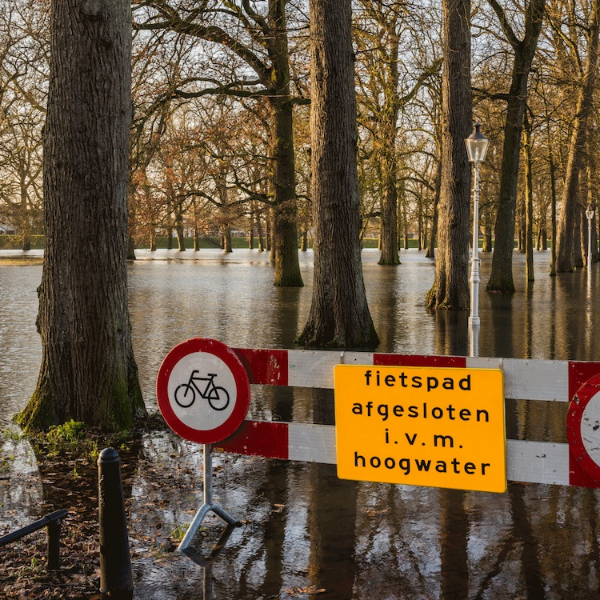
Peter Glas’s moonshot idea: Going where the water takes us
In 1962, President John F. Kennedy made an inspiring, bold speech – also known as the Moonshot Speech – that rallied the United States behind a costly but highly successful space programme in which thousands of Americans pooled their knowledge, insights and energy to put the first man on the moon. We could use some of that ‘moonshot thinking’ in water management today. To wrap up and build on the Climate-Robust Water Systems webinar series, we are asking a variety of people from the world of science and water management to share their own moonshot ideas as well as what they are doing to achieve them. This time, we spoke to Peter Glas.
At the age of 16, Peter experienced the proverbial wake-up call after reading ‘The Limits to Growth’. This alarming report, published by the Club of Rome in 1972, had a huge impact on global awareness of the environment. It also shaped the later life and work of Peter as government commissioner for the Delta Programme: ‘2100 may seem a long way off, but we’re talking about the children of the current generation of young people. To ensure that they can continue to live and work here safely and comfortably, we need to make the right decisions now.’
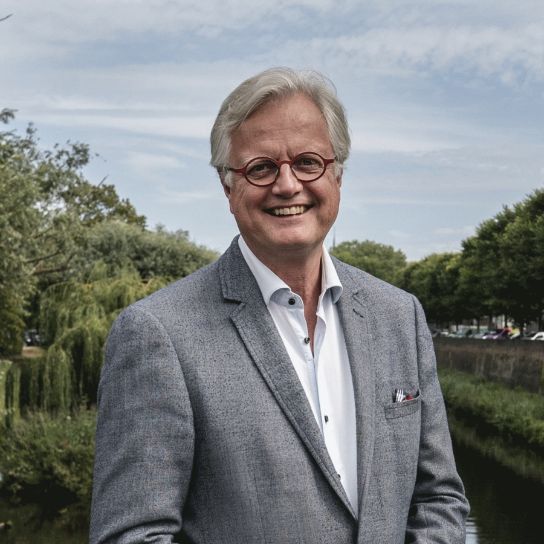
Tell us a bit about yourself and what drives you as a water professional
My father's father was a beurtvaart skipper in Burgerbrug; my mother’s father had an insurance office in Hoorn. So I’m West Frisian on both sides. But, because my father was a journalist for a national newspaper, I grew up in different places in the Netherlands. After reading the Limits to Growth report, I decided that I wanted to work on protecting the planet and life on earth. I was 16 at the time, studying biology and ecology, which involved a lot of maths and statistics. I got my first real job in 1983, working at the Waterloopkundig Laboratorium (‘Hydraulics Laboratory’, now Deltares – ed.), and in 1999 I joined the board of the Delfland water authority. Since then, I’ve been continuously involved in water management in the Netherlands in an administrative capacity, initially as chair of both the De Dommel water authority and the Union of Water Authorities. Since 2019, I’ve been government commissioner for the Delta Programme.
What is your moonshot idea?
For the Netherlands to be safe and liveable – so, being resilient to higher sea levels, resilient to higher and lower river flows, and designed to cope with extreme weather both in the cities and the countryside. Also, for us to have learned how to live in harmony with nature again.
2100 may seem a long way off, but we’re talking about the children of the current generation of young people. To ensure that they can continue to live and work here safely and comfortably, we need to make the right decisions now. That means putting water and soil at the heart of all the major challenges we face, and making sure we build climate-proof and water-robust buildings and structures. This will allow cities and villages to cope with extreme weather, with enough green and blue for hot and dry periods and enough space for extra water storage.
We need to find smart ways to combine physical functions and work with nature rather than against it. I also hope that circularity in the use of raw materials will become the basis of economic activity, and that all waste becomes a raw material. That peat meadow areas no longer sink, river valleys are wet and retain water, and groundwater reserves have been restored. That the objectives of the Water Framework Directive have been achieved and the use of land for agriculture has been adapted accordingly. And that nature can be experienced in all seasons, and ecosystem services are part of the revenue model for farmers and industry.
Finally, we need to start preparing for the centuries after 2100. In the long term, the Netherlands will become amphibious. We have to go where the water takes us.
What can be accomplished in ten years, and what will we need to do to get there?
If we actually put our money where our mouth is now, in ten years' time we will be taking the changing climate into account in everything we do, and water and soil will be driving all our decisions. We’re making decisions now that will determine the long-term spatial planning of our country. I urge everyone involved to get it right the first time. Make sure we not only solve today’s problems, but also prevent damage for future generations. Adapting to climate change must inform the way we build and organise our country. This requires action at both national and regional levels, with water firmly on the agenda for all decision-making in the physical domain. It’s important that we get this right in the coming years.
It’s possible for the national government, provinces, water authorities and municipalities to take major steps towards adapting to climate change between now and the end of the decade – that is, if they work together and with businesses and citizens. And if they use stress tests and risk dialogues, collaborate beyond their own borders on regional solutions, and help residents by sharing knowledge and organising incentive schemes so that they can take practical measures themselves where they live and work.
How can you as Delta Programme Commissioner contribute to this?
As commissioner, I draw up a Delta Programme every year in collaboration with all levels of government in the Netherlands. This reports on the progress being made in areas such as water security, the availability of freshwater, and spatial adaptation to climate change. We also include science-based signals on the state of the climate and developments in society, and we present concrete proposals for implementation and financing. I also discuss the Delta Plans with the private sector and interest groups. My hope is that each year I can help us move a step closer to achieving our objective of a safe and liveable delta.
And as an individual?
Every day, I try to connect with people and organisations that are involved in designing and shaping the delta that our country comprises. By being open to discussions, visiting many places along the water, offering encouragement and help and, where necessary, holding people to account and shaking things up.
Bas Worm would like to ask you how we are actually going to start moving forward in terms of management and delivery – how are we going to make real progress so that we can keep up with the pace of climate change? He believes that endless discussions are not the way to go.
One of the strengths of water management in the Netherlands is precisely this collaboration between the national government, provinces, municipalities, water authorities and research institutes. The polder model is effective, and we are known around the world for it. The only way to tackle complex issues is to work together on them in a collaborative and integrated way and by making clear decisions at the outset. If you get this right, you can actually save time, move faster and make more progress later on in the process. Given the speed at which the climate is changing, we need to keep up the momentum. The IPCC report, the floods in Limburg, and the KNMI’s Climate Signal ’21 all emphasise the urgency felt by all parties involved in the Delta Programme.
What would you like to ask our next guest in the Moonshot series, Jelle Roorda?
If we want water and soil to drive all our decisions, how can we actually achieve this in practice? What are the obstacles and how do you think we can overcome them?
-

We choose the water transition! What about you?
-
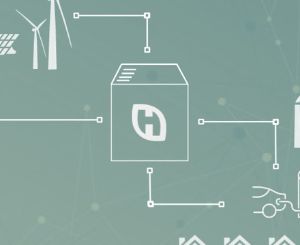
Hydrogen pioneers in the built environment
-
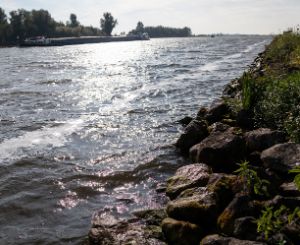
Robust Water Systems Webinar Series
-
Als afsluiting én voortzetting van de webinarreeks ‘Klimaatrobuuste Watersystemen’, vragen we een aantal mensen uit de wereld van de wetenschap en het waterbeheer naar hun persoonlijke moonshot en de inzet die ze daarvoor plegen. Deze keer: Jelle Roorda.
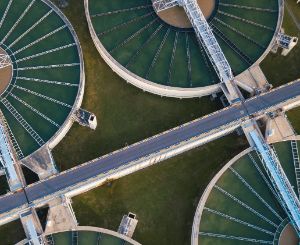
Het moonshot van Jelle Roorda: Op zoek naar ‘de eeuwige bron’
-

Courses